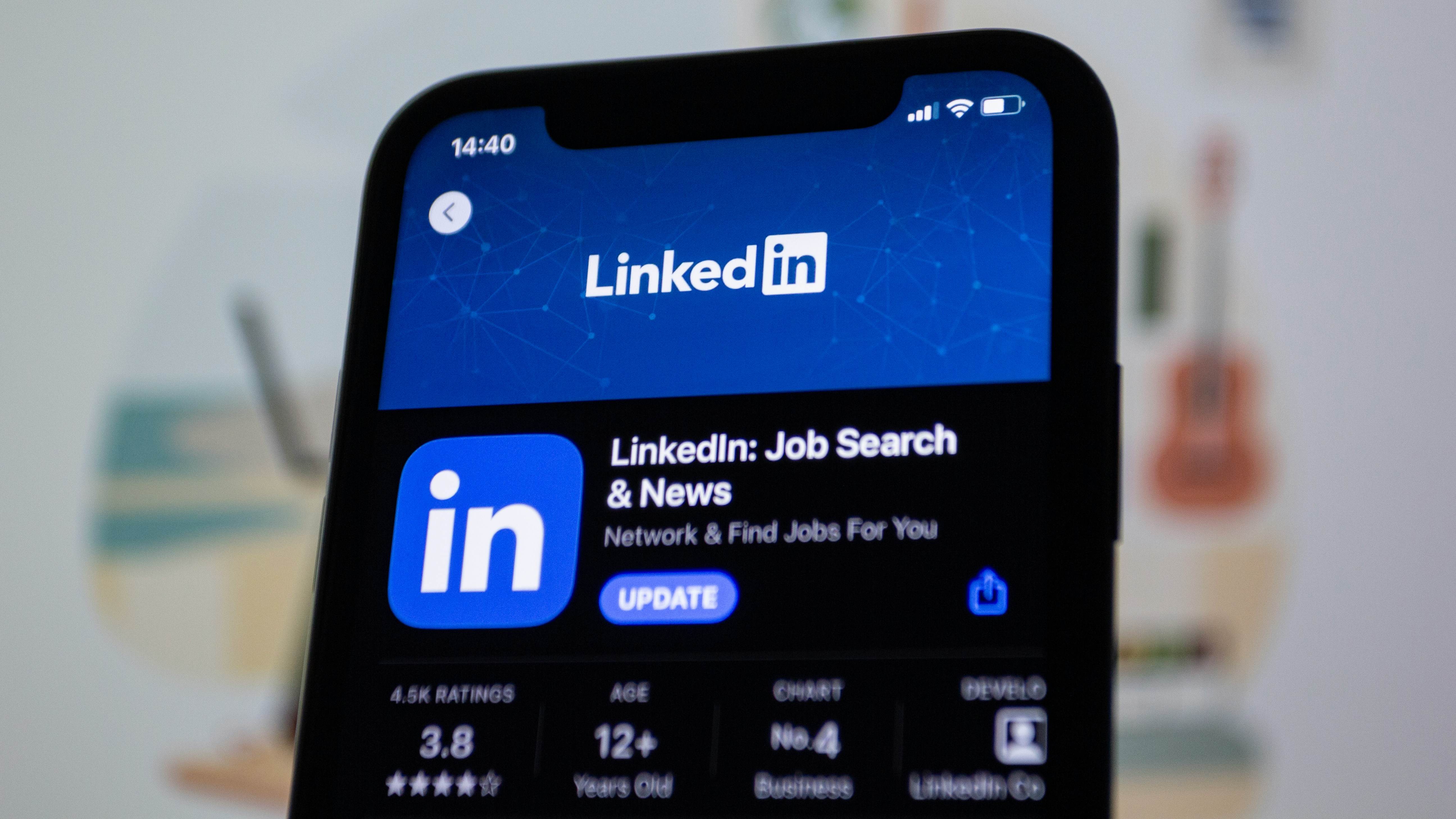
LinkedIn Profile Checklist for Data Engineering Jobs: 10 Tweaks to Maximise Recruiter Visibility
As organisations harness vast volumes of data, the demand for skilled data engineers—experts in ETL pipelines, data warehousing, and scalable architectures—has surged. Recruiters routinely search LinkedIn for candidates proficient in tools like Spark, Kafka and SQL pipelines. To stand out, your profile must be optimised for relevant keywords and showcase your technical impact. This LinkedIn for data engineering jobs checklist provides ten precise tweaks to maximise recruiter visibility. Whether you’re building your first data platform or architecting petabyte-scale systems, these targeted adjustments will make your profile attract hiring managers and land interviews.


